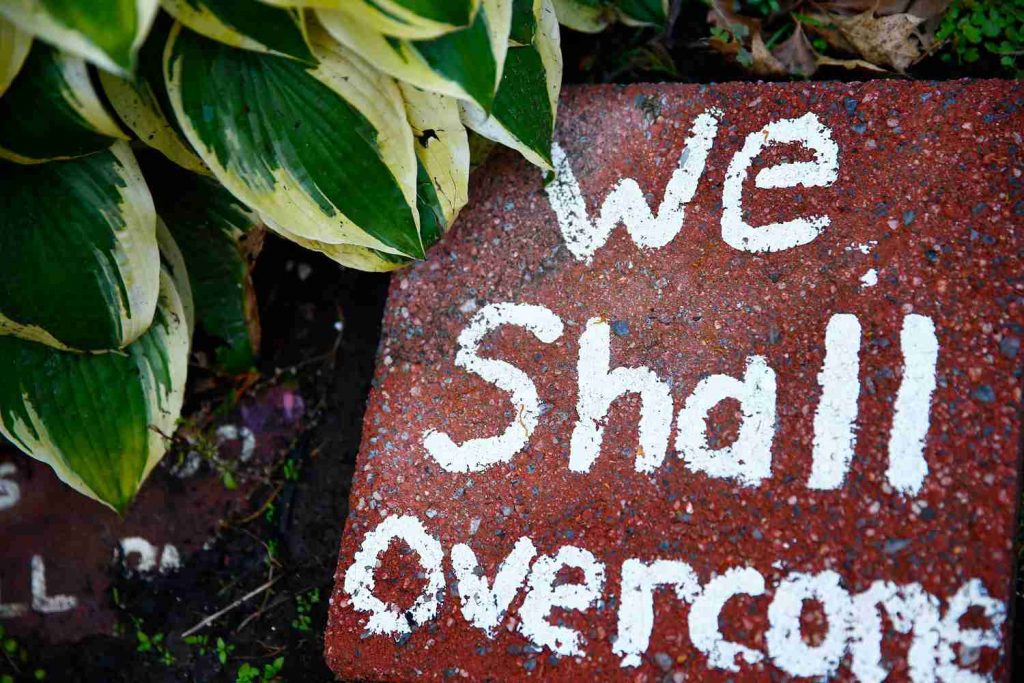The risk of relapse is the nemesis of anyone in recovery. Unfortunately, around half of those who receive treatment will use drugs or alcohol again. The good news is that relapse doesn’t necessarily knock a person back to square one as recovering from a relapse may not always require the same type of treatment. However, relapse IS dangerous because it carries a higher-than-average risk of overdose and the potential to go back to regular usage of drugs or alcohol. Recovery Centers of America (RCA) has a specialized treatment program at its Devon location for patients who have relapsed called PRISE, Promoting Recovery through Intensive Support and Education. The goal for all our patients is long term recovery, even if it takes multiple attempts. RCA international addiction treatment expert, Dr. Deni Carise, has put together this five-step plan to keep you or your loved one in recovery and help prevent a relapse.
1. Stay Active in Your Recovery Network
It’s always easier to do the right thing when others are sharing your journey, cheering you on, and providing accountability. Besides having someone to call in case of emergency, and taking a supporter with you when going anywhere that might present temptations, try to attend a formal support-group meeting at least twice a month.
If your treatment center provides long-term support services, by all means take advantage of them; it’s the best way of staying connected to those who helped you directly and those sharing the same stage of your journey. Recovery Centers of America has an Alumni Association where “graduated” clients can attend regular social and educational events, stay connected via social media, and volunteer to help other alumni. We also have a relapse prevention program with sobriety-plan assistance, medical referrals, and online resources.
2. Be Aware of Your Personal Triggers
Everyone who’s ever developed an unhealthy habit has individual-specific circumstances that make him or her more likely to “do it”: what triggers a relapse in one recovering addict might not stir even a twinge of temptation in another. Consider how you usually feel—physically and emotionally—when you use drugs or alcohol, what setting you’re usually in, and what else you’re typically doing at the time. Your treatment counselors will help you identify your personal triggers in more detail.
Here are some of the most common triggers:
- Stress
- Fatigue
- Boredom
- Feeling unappreciated
- Feeling guilty
- Being near a venue where the drug of addiction (or a similar one) is being sold or served
- Being in a situation similar to one where you regularly used
- A sight, sound, or smell that reminds you of the drug
- Peer pressure
- A new job or other major life change
Avoid these (and the situations that lead to them) whenever you can. (In the case of the new job, if you know you’re going to need one after your treatment program ends, get help drawing up a job-search and starting-work plan designed to minimize stress.)
3. Take Good Care of Yourself Physically
Many of the triggers above are related to negative emotions, which are fueled by fatigue, poor diet, and general “feeling lousy.” Strengthening your health is among the best ways to reinforce your sobriety resolve.
Stop making “but I have so much to keep up with” excuses, and get your 7–9 hours of sleep every night. Take regular stretching and leisure breaks, including at least one full day a week off from work. Use regular exercise to improve your moods, strength, and motivation; and if you’ve been living on empty calories and coffee, get more protein, fresh produce, and whole grains in your diet starting today. Don’t rush through your meals, either. Take time to eat slower, savoring every bite—this also prevents stomachaches and obesity by making it easier to know when you’re full.
4. Practice the Art of Letting Go
Many an addiction is born from perfectionism and a desperate desire to bring everything under control. When that proves impossible, the perfectionist reacts with bitterness and despair that can make “self-medication” look particularly attractive. There’s a reason Alcoholics Anonymous emphasizes admitting your powerlessness and trusting God for help.
While your treatment counselor and long-term therapist will help you develop specific techniques for “letting go,” here are a few starter ideas:
- Make a point of avoiding that classic exercise in futility called “worry.” The book How to Stop Worrying and Start Living by Dale Carnegie offers many good ideas, including cultivating a realistic picture of what’s unchangeable and what isn’t all that important.
- Practice not taking life’s inconveniences personally.
- Schedule your top priorities first and don’t try to cram in too much else.
- Count your blessings daily. Put them in writing so you won’t forget.
- Practice saying “thank you” to others on a regular basis.
5. Find a Higher Purpose to Live for
Believing in something bigger than yourself is excellent insurance against a life wasted in bad feelings and mindless activities. If you’re in a 12-Step program, you already know about consulting with your Higher Power. But even if you have no use for “religion,” there are sure to be things you feel strongly about such as keeping others from suffering from addiction the way you did. Find some way to get involved in advancing your favorite cause; a good way to start is by joining a group and finding power in numbers. Meetup.com is the standard online resource for finding like-minded individuals in almost any interest.
With that, our Top 5 list comes full circle. Regular contact with like-minded individuals—in recovery support or anywhere else—drives out loneliness, helps you feel worthy, and even improves your physical health and emotional resilience. When you spend time with friends doing good works, you’re too busy and happy to even think about “needing” a fix!
Since addiction treatment is not 100 percent effective 100 percent of the time, if you find that you are still struggling with relapses, RCA at Devon’s specially-trained therapists in our PRISE program can help. The PRISE program will re-energize your recovery with evidence-based tools in an innovative curriculum that is free of shame and tailored for your individual success.







